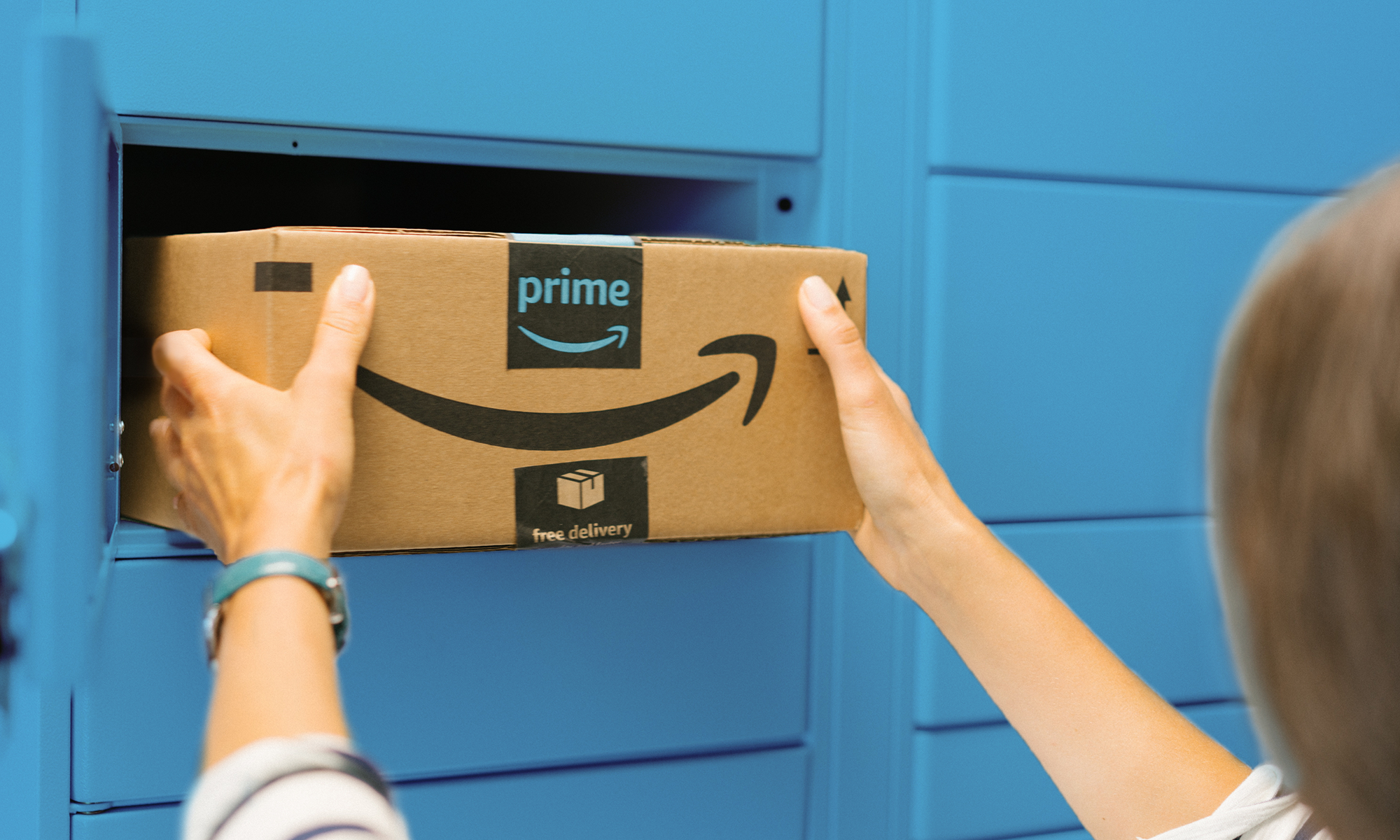Amazon.com (AMZN 1.87%) fired a big salvo at Box and Dropbox when it introduced its Zocalo data storage service last week. Box fired back Tuesday, lifting capacity limits. You know what? None of that matters. If you're a tech investor, Zocalo should make you a lot more interested in the inevitable IPOs for both Box and Dropbox.
A market for users, built by users
Zocalo is an aggressively priced data-storage service tied to Amazon's S3 platform, which is part of a suite of cloud computing products that exist under the umbrella we know as Amazon Web Services, or AWS. A tie-in with the company's WorkSpaces product -- think of it as a PC, with the desktop and services located in the cloud -- encourages greater use of Amazon's cloud platform.
How could that be good for Box and Dropbox, especially given Box's response to the product? I'll grant the benefits are indirect, but I also think it's fair to say that every improvement in cloud infrastructure boosts the entire market for cloud services, including commodity services such as data storage.
Look at the numbers. According to its most recent SEC disclosures, Box's revenue more than doubled in fiscal 2013. Dropbox was tracking for near 80% revenue growth last year. Why so fast? Companies and users no longer object to the idea of storing huge volumes of data in the cloud, which means spending that might have gone to bigger servers and storage arrays in years past are now going to the likes of AWS, Box, and Dropbox.
And to big platforms. Google (GOOGL +0.69%)(GOOG +0.48%) says it serves 5 million businesses and over 50 million users via Google Business Apps, which comes with at least 30GB of storage space. An upgraded version includes unlimited storage for $10 per user per month, and includes apps for creating documents, presentations, spreadsheets, and the like. Microsoft (MSFT 2.28%), for its part, offers Office 365 subscribers 1TB of storage and 15TB to those that use its OneDrive storage cloud.
The value of a data dump
To me, it's these and other offerings like them that explain why Gartner is seeing lower spending on external controller-based storage. There's simply not as much need for on-premises systems in the era of cloud storage. Yet that's also half the story. AWS, Box, and Dropbox aren't just picking at the leftovers of a dying market. To the contrary; data storage needs are expanding geometrically.
Researcher Statista estimates that global computing service revenue related to storage will nearly double between now and 2016. According to one IBM estimate, users and machines combined to create some 2.5 billion gigabytes data every day in 2012. Imagine how much greater the total must be today, and then consider Gartner's findings. We're awash in data, and most of it is flowing through the great digital river we call the Internet.
That's an opportunity for every company that makes it easy to store and retrieve data in the cloud. Box and Dropbox -- with their big client lists, history of growth, and impressive backing -- do the job better than most. I suspect their IPOs, when they finally arrive, will reflect this truism.









